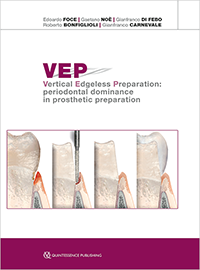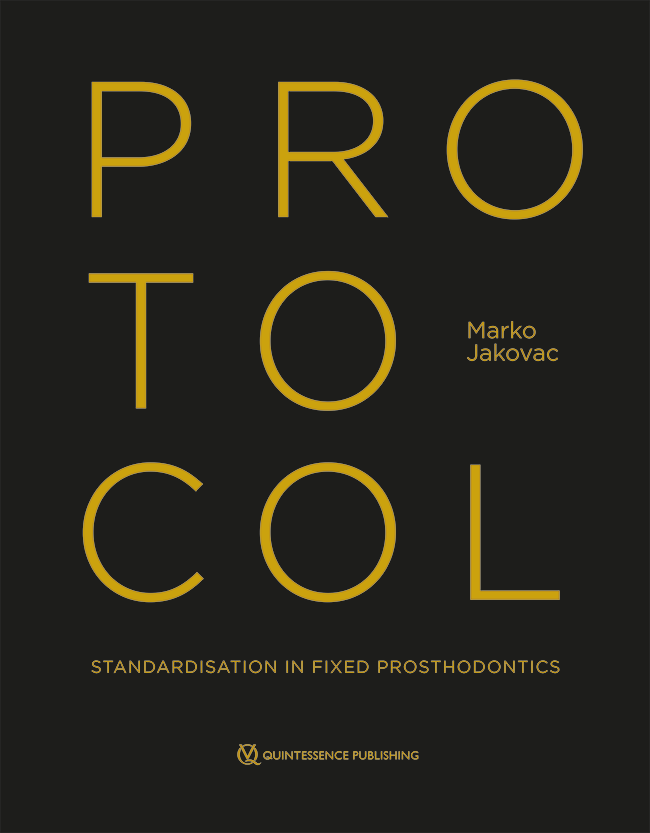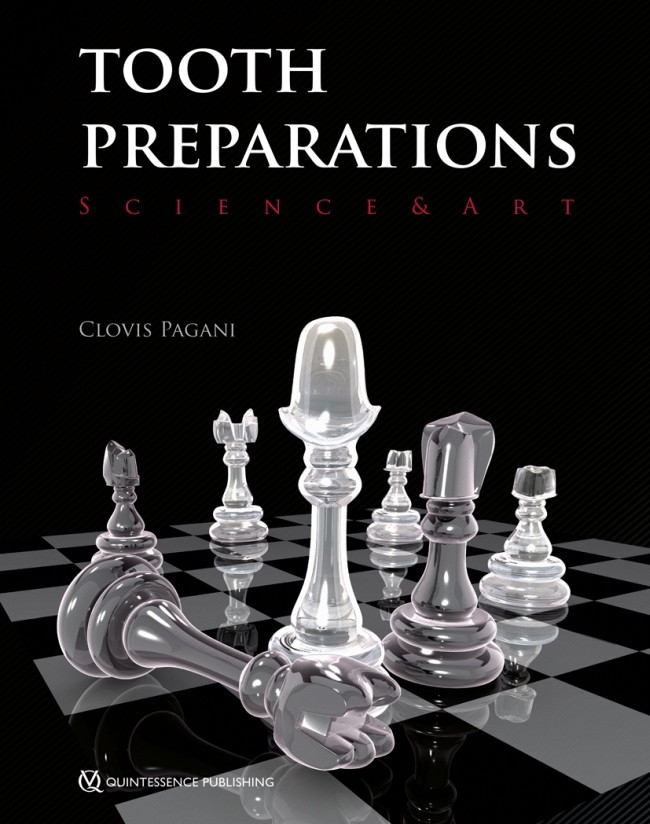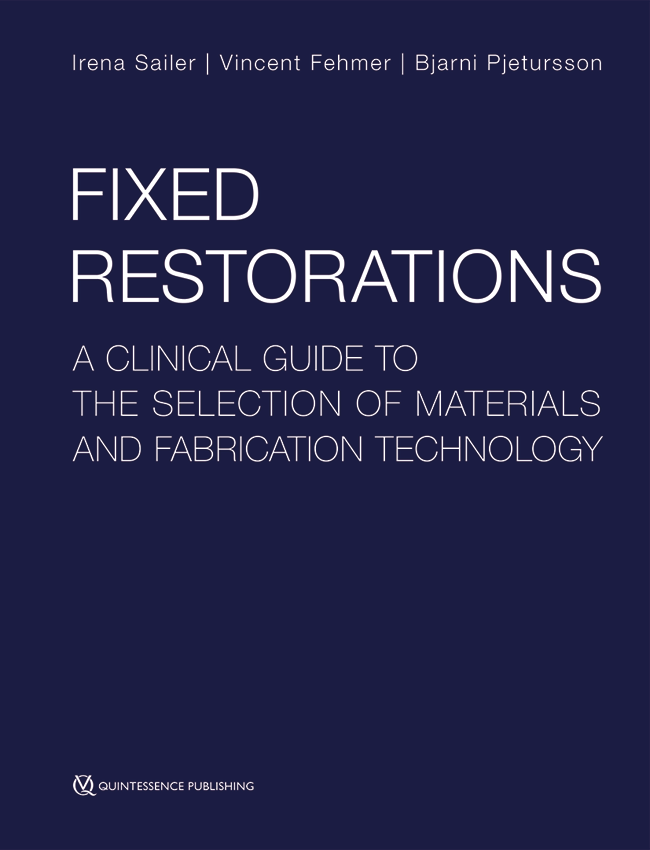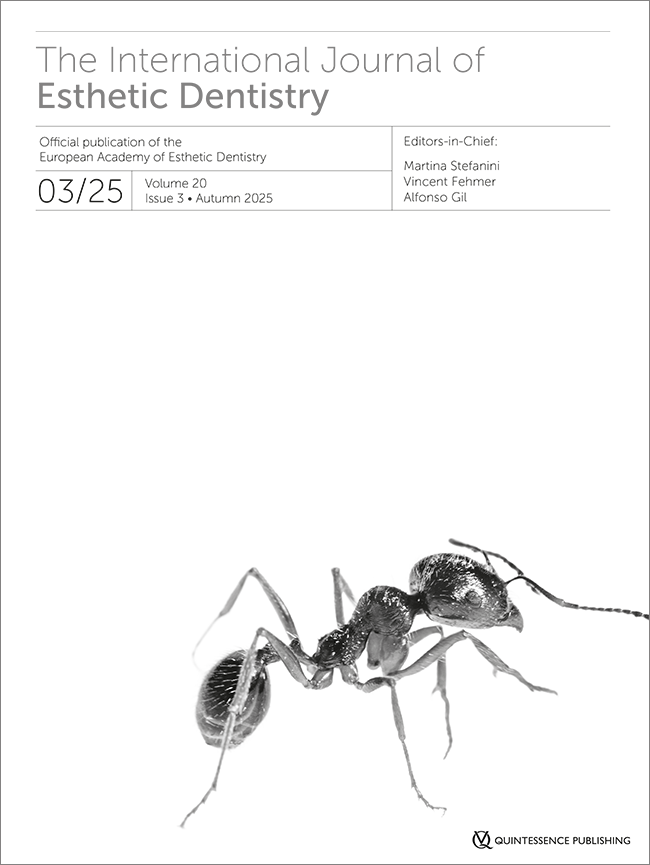VEP Vertical Edgeless Preparation
Periodontal dominance in prosthetic preparation
1st Edition 2024
Book
Softcover, 21 x 28 cm, 80 pages, 322 illustrations
Language: English
Categories: Prosthodontics, Restorative Dentistry, Periodontics
Stock No.: BI045
ISBN 978-88-7492-213-0
QP Italy
VEP, our acronym for Vertical Edgeless Preparation, is a full-crown prosthetic preparation method indicated for teeth that have lost attachment tissue – even where probing depths are minimal (≤ 3 mm) – and consequently have incomplete periodontal support. This technique involves extending the preparation subgingivally to ideally treat the entire exposed root surface as far as the epithelial attachment.
As the name suggests VEP does not produce a post-preparation edge. Instead of a marked finish line and associated transition angle, the technique creates a vertical tooth wall extending from the bottom of the sulcus on which the prosthetic crown margin may be positioned at a flexible height while still ensuring a reliable seal.
The periodontal dominance of VEP is due to the marginal periodontal tissue response to the subgingival preparation work: the healed tissues go on to submerge the inevitable transition angle remaining at the apical end of the prepared surface. This leaves a prosthetically exploitable axial wall area with no angles or margins, therefore edgeless.
This publication presents and describes the methodology along with a review of the underlying concepts including the Cartesian coordinate system and significant orders of magnitude. A new simplified classification is proposed dividing the various prosthetic preparation techniques into two straightforward groups.
Attention is also paid to the anatomical, histological and physiological aspects regarding the marginal periodontium which account for the periodontal dominance of this procedure. A detailed innovative analysis follows of the rationale behind extending prosthetic preparation apical to the gingival margin based on periodontal assessment of the tooth requiring treatment.
VEP is then described in practical terms including the various clinical and laboratory stages, instruments and operative sequence while comparing classical applications with more recent approaches in the light of ongoing technological developments.
Contents
Chapter 1. Geometry, Terminology, and Classification of Prosthodontics Preparation techniques
Chapter 2. Periodontal Dominance in VEP
Chapter 3. Tooth preparation: clinical and laboratory aspects
Chapter 4. Indications and advantages of VEP
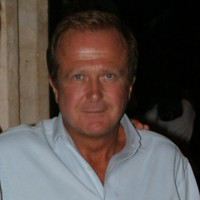
Dr Edoardo Foce
ItalyDr Edoardo Foce graduated with a degree in Medicine and Surgery from the University of Genoa, Italy, with postgraduate specialization in dentistry and prosthodontics. From 1988 to 2019, Dr Foce was as an active member of the Italian Society of Conservative Dentistry, the Italian Society of Endodontics, the European Society of Endodontics, the Italian Academy of Prosthetic Dentistry, the Italian Society of Oral Surgery and Implantology, and the Italian Society of Periodontology and Implantology. He is currently active as a member of the Italian Society of Periodontology and Implantology and the Italian Academy of Prosthodontics. Between 2009 and 2013, Dr Foce served as Visiting Professor of Periodontology at San Raffaele University in Milan, Italy. He has been a guest speaker at conferences and congresses related to various dental specialties. Currently, Dr Foce works in private practice in La Spezia, Italy, where he deals with multidisciplinary dentistry with a special interest in dental implantology and prosthetic-periodontal cases.
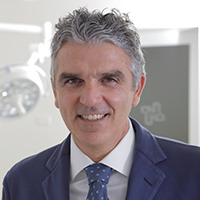
Dr. Gaetano Noè
Italy, PiacenzaDr Noè graduated from the University of Pavia, Italy, with a degree in Dentistry and Prosthodontics (July 1989). He is a full member of the Italian Academy of Prosthetic Dentistry (AIOP), a specialist acknowledged by the European Prosthodontic Association (EPA), and a member of the International College of Prosthodontists (ICP). He has served as a guest speaker on prosthodontics at conferences and congresses and has authored and coauthored various publications on prosthodontics. He is a Lecturer in Prosthetic Dentistry at the Italian Academy of Prosthetic Dentistry’s full-year courses and an Adjunct Professor in Prosthodontics at the University of Parma, Italy. Today, his focus is mainly on the field of dental and implant prosthetics.

Dr. Gianfranco di Febo †
ItalyDr Di Febo graduated from the University of Bologna, Italy, with a degree in Medicine and Surgery and completed postgraduate specialization in stomatology and prosthodontics. He is a founding member of the Italian Academy of Prosthetic Dentistry (AIOP) and its former president (1995–1996). He was Bologna Provincial Medical Board Dentistry Roll Council Chairman from 1994 to 1999 and a full member of the European Union of Medical Specialists (UEMS) board from 1994 to 1996. Dr Di Febo has held lectureships in fixed prosthodontics at the University of Bologna, Italy,Faculty of Dentistry from 1983 until the present. He has been a guest speaker at many conferences, lifelong learning courses, and Italian and international congresses. Dr Di Febo currently works in private practice limited to fixed prosthodontics at Porta Mascarella Medical Center in Bologna, Italy.
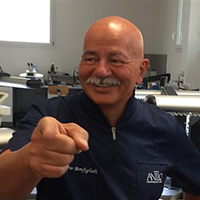
Roberto Bonfiglioli
ItalyRoberto Bonfiglioli completed his dental technician apprenticeship under Luciano Trebbi to obtain board certification (CDT). He joined the Porta Mascarella group in 1981, workingalongside Trebbi and Drs G. F. Carnevale, G. F. Di Febo, and V. Milani. He studied esthetics and gnathology under Lundeen and Celenza. Bonfiglioli is a full member and former councilor of the Dental Technicians Chapter of the Italian Academy of Prosthodontics (AIOP) and a former partner at C-Oralia Laboratory, which merged with D-Entity in 2021 to form Nexxta—Italy’s leading dental technology industrial project. Roberto Bonfiglioli holds 2-year specialist courses for dentists and dental technicians alongside Dr Di Febo, as well as 1-year courses for dental technicians. He has been a guest speaker and lecturer at courses and conferences in Italy, France, Germany, Switzerland, the United States, and Canada and has authored various articles in Italian and international publications. He specializes in fixed metal-ceramic prosthodontic appliances for periodontal andimplant patients, ceramics on metal-free structures, all-ceramic solutions, and porcelain inlays and veneers.
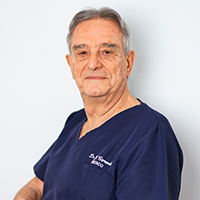
Dr Gianfranco Carnevale
ItalyDr Carnevale graduated from the University of Rome, Italy, with a degree in Medicine and Surgery and completed postgraduate specialization in Dentistry and Prosthodontics (1970). He earned an MSc with a certificate in Advanced Graduate Studies in Periodontology from the Boston University School of Graduate Dentistry in 1976. Dr Carnevale has held positions with various professional dental societies and committees: Italian Society of Periodontology: founding member, Vice President (1981–1983), Membership Acceptance Committee Coordinator (1983–1989, 1997–2000, and 2007–2009), President-elect (1989–1991), President (1991–1993), Scientific Committee Coordinator (1993–1997), member of the Ethics and Disciplinary Committee (2005–2009 and 2013–2017), Bologna Provincial Medical Board Dentistry Roll council member and committee member (1994–2000), Former president of the European Federation of Periodontology (2000), Italian Committee for Coordination of Scientific Dental Societies (CIC): Former president and member of the Italian Ministry of Health Dental Technical Board (2016–2019), Honorary member of Italian Academy of Prosthetic Dentistry (AIOP), Honorary member of Neue Gruppe, Recipient of the 2015 Eminence in Periodontology Award (European Federation of Periodontology). Teaching positions held by Dr Carnevale include Lecturer in Periodontology at the University of Rome Postgraduate Faculty of Dentistry and Prosthodontics (1980–1983), Visiting Professor of Periodontal Surgery at the University of Bologna Faculty of Odontostomatology (1983–1986), and Visiting Professor of Osseous Surgery at the University of Turin Postgraduate School of Periodontology (2008–2018).
Ratings

Dr Richard Trushkowsky DDS
November 29, 2024 14:51:04
excellent




